Seven-Eleven Japan, Toyota launching next-gen convenience store project in 2019; fuel cell trucks and generators
Green Car Congress
JUNE 6, 2018
Seven-Eleven and Toyota entered into a basic agreement in August 2017 regarding considerations toward energy conservation and carbon dioxide emission reduction in store distribution and operation. Seven-Eleven is taking measures to reduce CO 2 emissions throughout its entire supply chain to meet its goals, focusing on renewable energy.


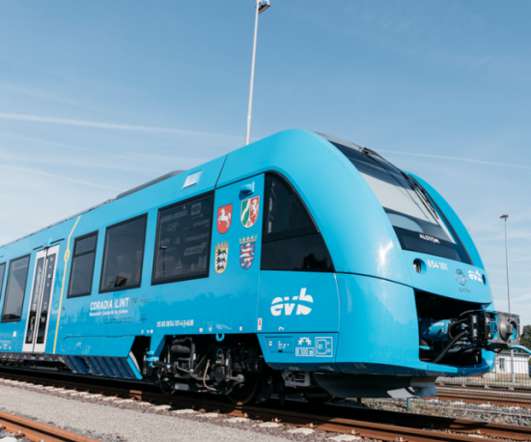

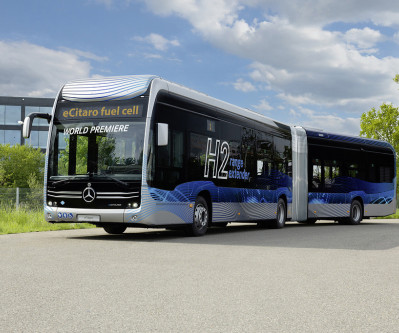
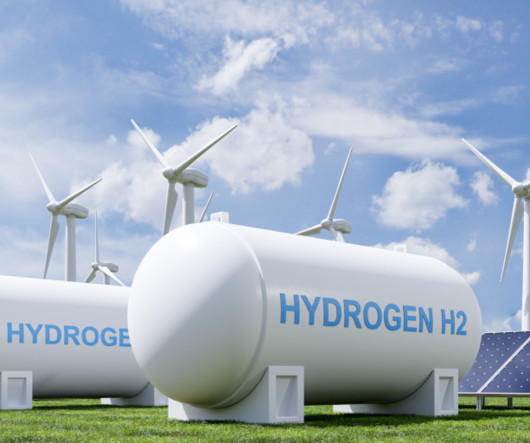
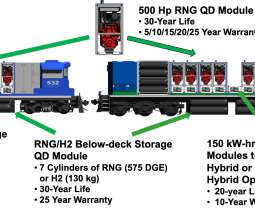
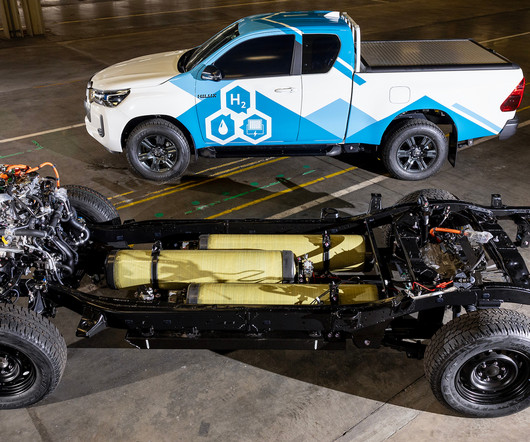


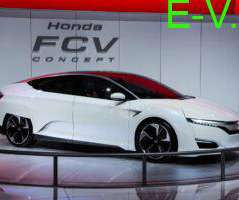

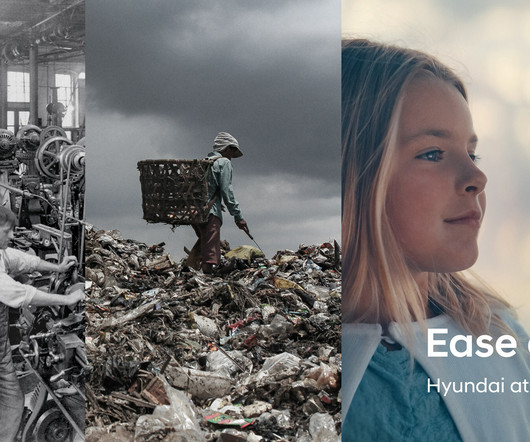




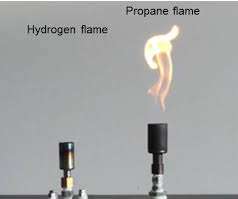





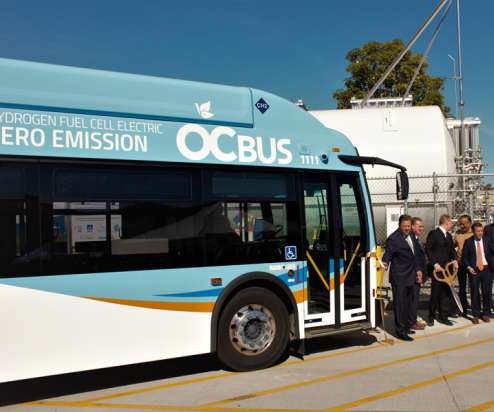





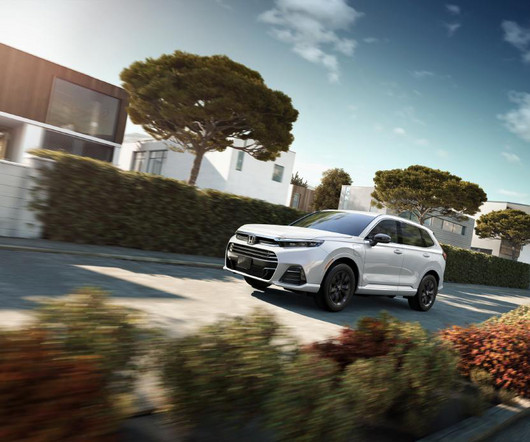


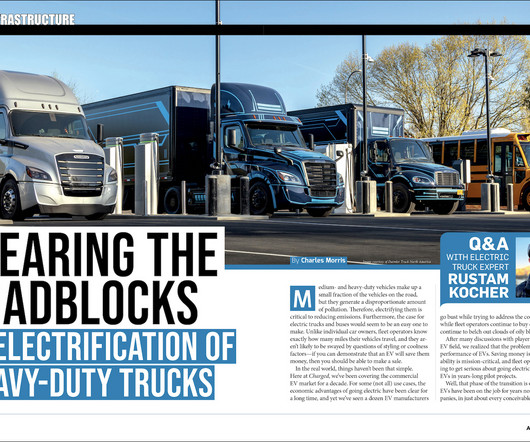

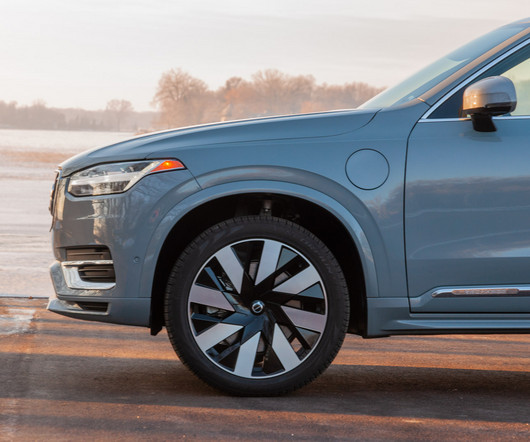
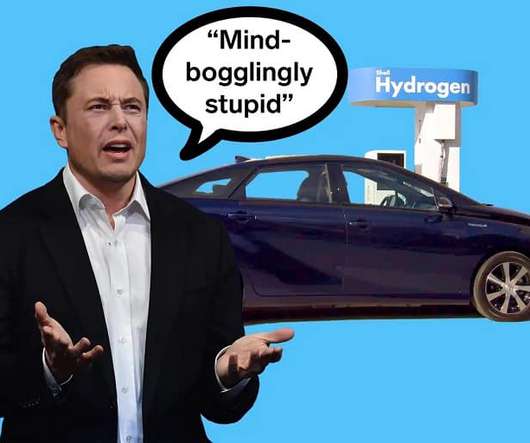
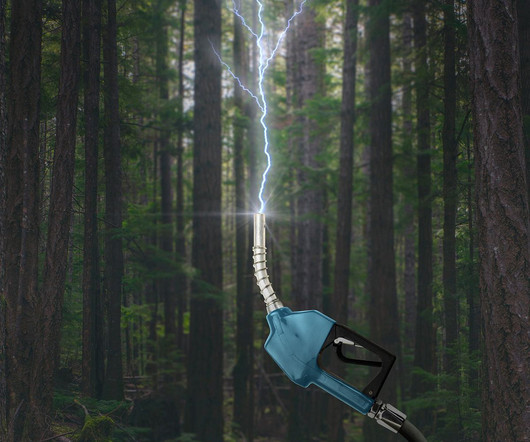






Let's personalize your content